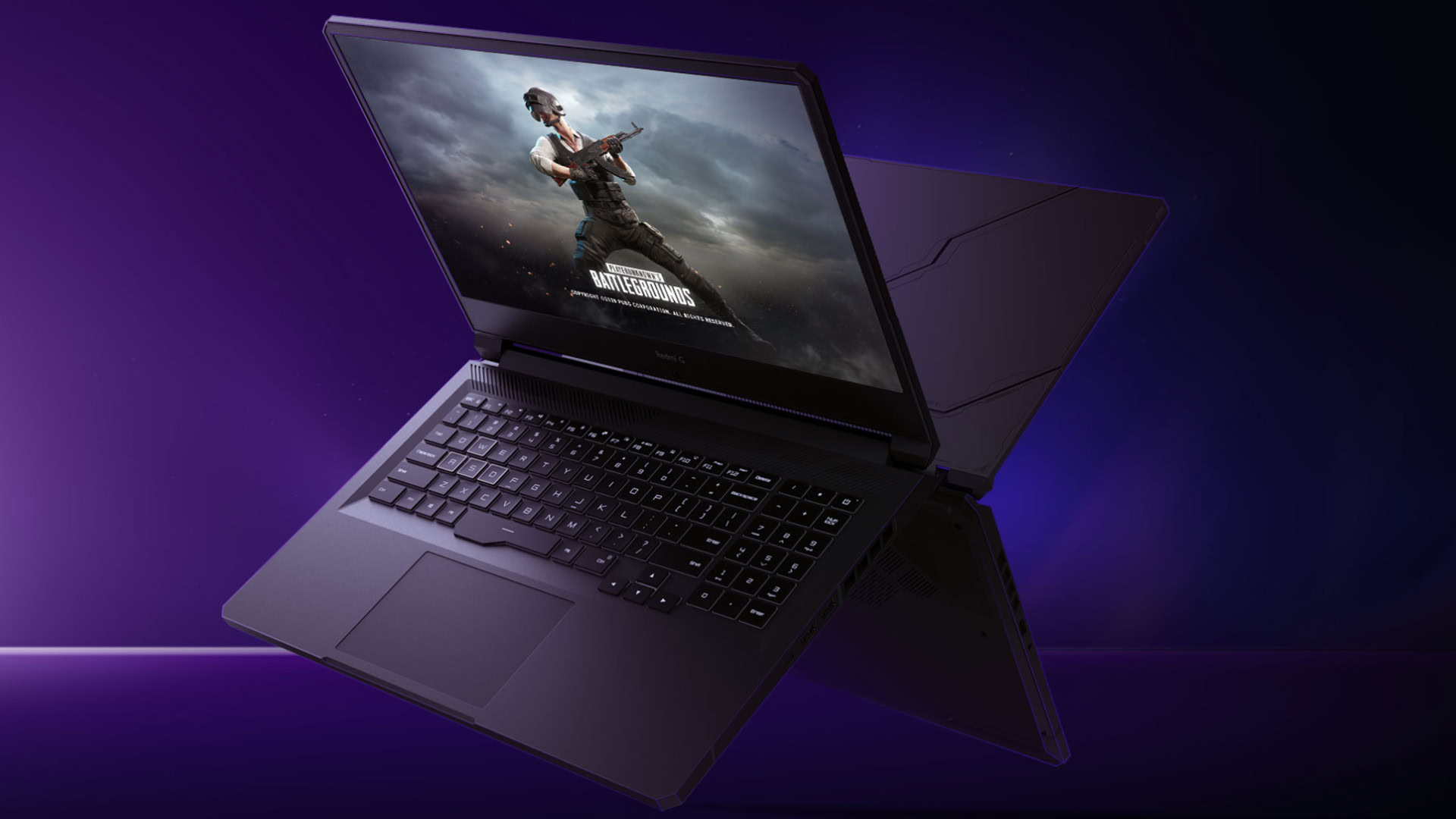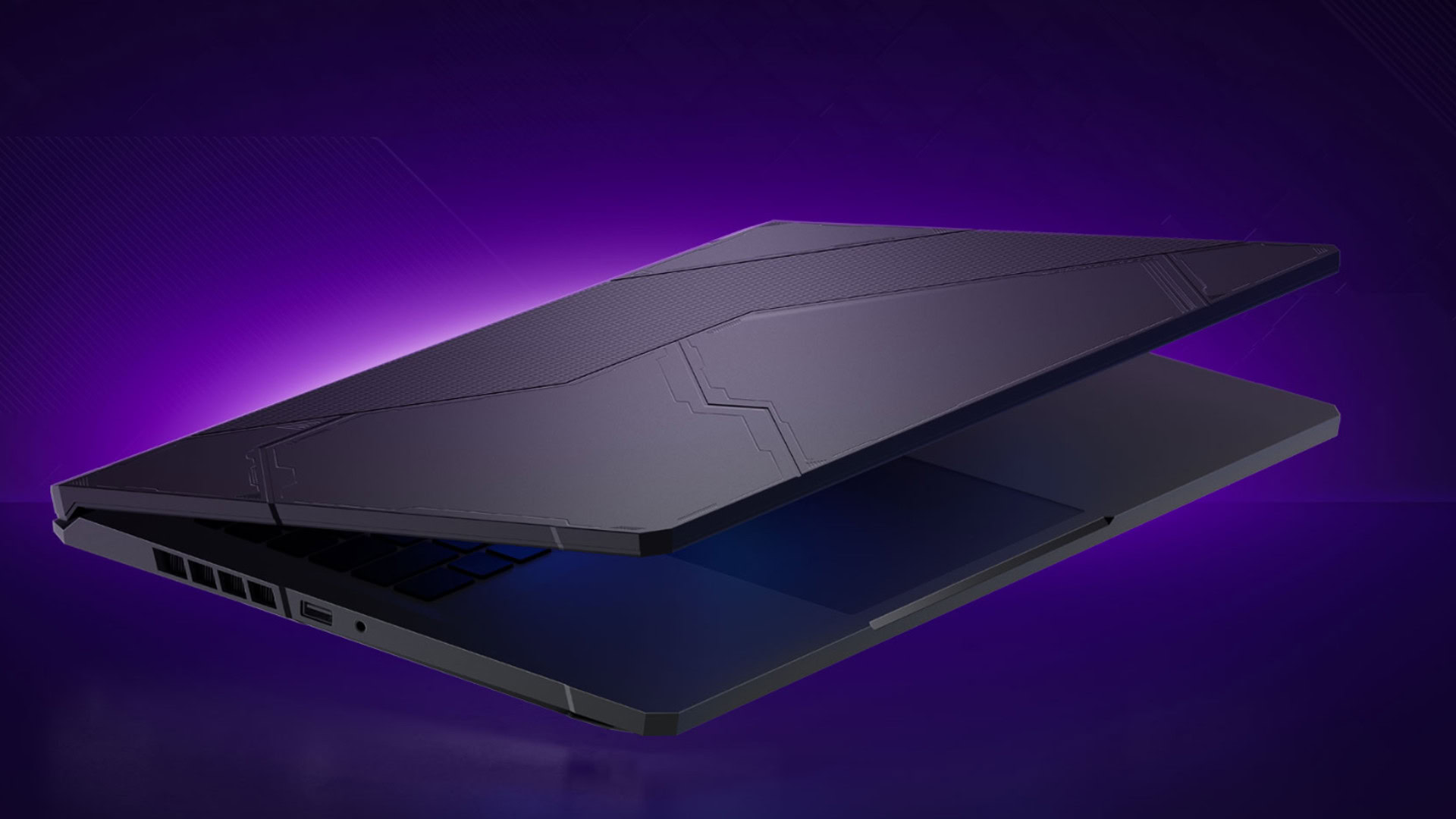Affiliate links on Android Authority may earn us a commission. Learn more.
144Hz gaming on a budget? Redmi gaming laptop has you covered
August 14, 2020

- Xiaomi has launched the first Redmi gaming laptop.
- The Redmi G offers an Intel Core i5 or i7 CPU, GTX1650 series graphics, and a 144Hz screen.
- The laptop starts at ~$763 in China, all the way up to ~$1,007.
Xiaomi’s Redmi brand has branched out into many tech segments, with laptops being one of the more recent entries for the budget-focused brand. Now, the company has decided to launch a gaming-focused laptop, dubbed the Redmi G.
The new laptop indeed sports a gaming-type aesthetic, featuring sharp edges and several large cooling vents, but it also packs a solid list of specs. For starters, you’re getting a 144Hz FHD screen with 100% sRGB coverage, up to a tenth generation Core i7-10750H CPU (no AMD silicon here), 16GB of RAM, and a 512GB SSD. You can also expect GTX1650 or GTX1650TI graphics.
Don’t expect the best endurance though, as Xiaomi says the 55-watt hour battery is only good for 5.5 hours of 1080p local video playback or up to six hours of web browsing. Then again, most people aren’t exactly buying a gaming laptop for excellent battery life.

As for I/O, you can expect two USB 3.2 ports, one USB 2.0 port, a USB-C slot, mini-DisplayPort 1.4 slot, HDMI 2.0 output, Ethernet, and a 3.5mm port.
Other notable features include a 1MP webcam (why are computer brands like this?), DTS:X Ultra support, Wi-Fi 6, and Bluetooth 5.1.
The Xiaomi Redmi G laptop is available in China and starts at 5,299 yuan (~$763) for the base model, which packs a Core i5-10200H CPU and GeForce GTX1650 GPU. Meanwhile, the mid-tier option sees a bump up to a Core i5-10300H CPU and GeForce GTX1650TI graphics for 6,299 yuan (~$907). Want the very best option with the Core i7 processor and GTX1650TI graphics? Then you’ll be spending 6,999 yuan (~$1007).
Here’s hoping we see this 144Hz-toting laptop come to wider markets, especially the base model. In the meantime, you can check out our roundup of the best laptops of 2020.
Next: Microsoft Surface Pro X review — All the pros and cons of Windows on Arm in one laptop
Thank you for being part of our community. Read our Comment Policy before posting.